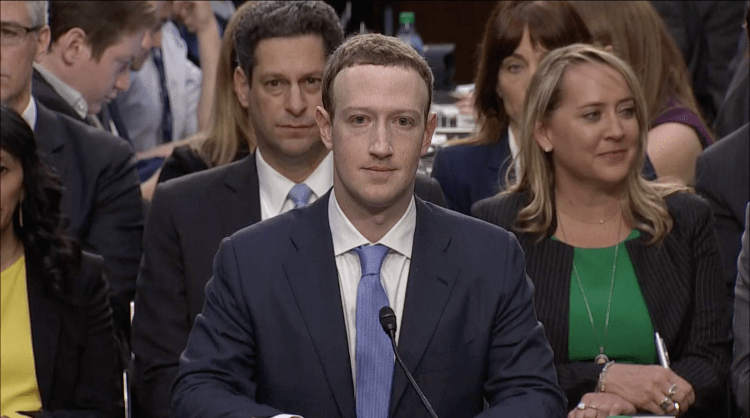Following several days of controversy, the European Parliament announced today that it has reached an agreement that will allow its meeting with Facebook CEO Mark Zuckerberg to be livestreamed.
EU parliamentary president Antonio Tajani reported last week that Zuckerberg would appear before a select committee of the European Parliament to answer questions. However, Tajani noted that the appearance had been carefully negotiated and would not be open to the public, though members would be allowed to take notes and discuss the session with the media afterward.
This announcement garnered considerable criticism, including petitions demanding the session be made open to the public and pressure from other members of parliament and the European Commission to broadcast the hearing.
EP President Tajani forced by five of the eight political groups – representing a majority of MEPs – to open the meeting with #Zuckerberg by webstreaming the hearing.
— Guy Verhofstadt (@guyverhofstadt) May 18, 2018
June 5th: The AI Audit in NYC
Join us next week in NYC to engage with top executive leaders, delving into strategies for auditing AI models to ensure fairness, optimal performance, and ethical compliance across diverse organizations. Secure your attendance for this exclusive invite-only event.
Behind the scenes, it appears Facebook recognized the brewing blowback and opted to risk another public grilling of Zuckerberg by public officials just a few weeks after his appearance before the U.S. Senate.
https://twitter.com/EP_President/status/998473764772950016
Last week, Zuckerberg added a public component to his upcoming European political tour by agreeing to be interviewed onstage at the Viva Technology mega conference in Paris this Thursday. That appearance will also be livestreamed. In between those two appearances, he is set to meet with French president Emmanuel Macron.
The European tour will be Zuckerberg’s first visit since the Cambridge Analytica controversy broke earlier this year. In general, Facebook and other U.S. tech giants have been under far greater scrutiny and regulatory pressure in Europe than in the U.S. Zuckerberg is expected to face a considerably less deferential set of questions when he meets with the European Parliament than he did when he appeared before Congress.

